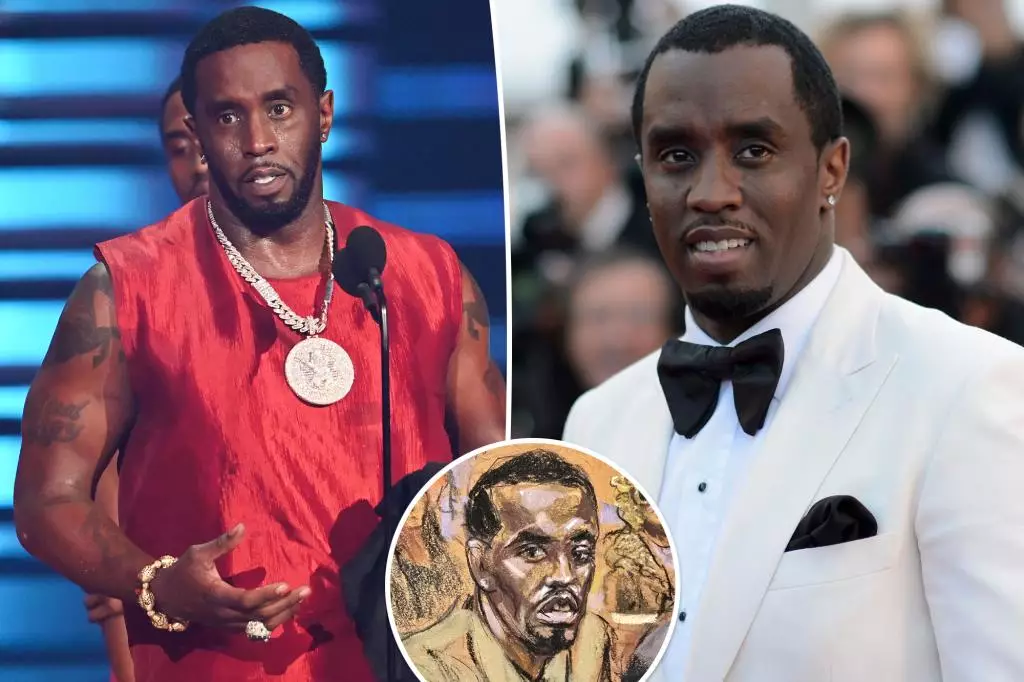In a significant legal decision, a judge has mandated that a woman, who has accused entertainment mogul Sean “Diddy” Combs of sexual assault, must reveal her identity in her ongoing lawsuit. This order originates from the Southern District of New York, where Judge Mary Kay Vyskocil emphasized the complexities surrounding privacy and accountability in cases involving serious allegations against public figures. While acknowledging the woman’s valid concern for privacy, Vyskocil ultimately ruled that her choice to pursue legal action against a high-profile individual necessarily compromises that anonymity.
The judge’s reasoning underscores a broader societal dilemma: balancing the need for individual privacy with the public interest in transparency for those who make severe accusations. The woman, known as Jane Doe in her legal filings, now faces a deadline of November 13 to refile her complaint, disclosed under her true name, or risk dismissal of the suit. Her struggle embodies a critical aspect of the #MeToo movement, which advocates for survivors’ courage in speaking out, but also reveals the daunting challenges they must navigate—especially when doing so against someone as influential as Combs.
The seriousness of the accusations cannot be understated. In this particular case, the alleged incident dates back to 2004, during an afterparty in New York City. The plaintiff recounts a harrowing experience in which she and a friend were reportedly coerced and threatened by Combs, leading to accusations of sexual assault. This account has been vehemently denied by Combs and his representatives, who assert that he has not committed such acts against any individual, irrespective of gender or age.
The confrontation between Doe’s claim and Combs’ denial raises essential questions about the evidential burden in sexual assault cases, especially those involving historical allegations. The pressure to provide evidence, compounded by the passage of time, can complicate proceedings and potentially dissuade other victims from coming forward. The distinction between anonymous allegations and those that come with public identities is crucial, as it highlights the friction between personal safety and the pursuit of justice.
This case adds to a burgeoning list of legal challenges facing Sean Combs, who has recently been besieged by multiple sexual assault allegations. Most prominently, former partner Cassie Ventura has accused him of serious acts of violence and control, leading to a swift out-of-court settlement just a day after her lawsuit was filed. Although Combs’ legal representatives maintain that this settlement does not equate to an admission of guilt, such accusations contribute to a broader narrative about his conduct and the culture of silence surrounding sexual misconduct in the entertainment industry.
Moreover, attorney Tony Buzbee, representing not just Doe but a multitude of other alleged victims, encapsulates this widespread issue. The diversity of his clients—spanning ages and genders—suggests a systemic problem at play within certain circles of power in Hollywood. This raises further concerns about how similar cases are handled in the public eye and the treatment of victims.
The timeline of this case is critical, as a trial date has been set for May 5, 2025, coinciding with a major cultural event, the Met Gala. This juxtaposition might influence public perception and media coverage, potentially overshadowing the foundational issues of sexual violence and accountability that the lawsuit represents.
As the legal battles continue to unfold, the implications reach beyond the courtroom. The outcomes may shape legal standards regarding identity disclosure in civil suits, particularly those involving allegations of sexual misconduct. They may also further influence the discourse surrounding victim advocacy and the intricacies of navigating a legal system that often feels daunting and unfriendly to survivors.
While the pursuit of justice for victims of sexual assault must be championed, the process itself must be examined critically—a blend of empathy for individual circumstances and a firm commitment to unearthing the truth, regardless of the societal status of the accused.

